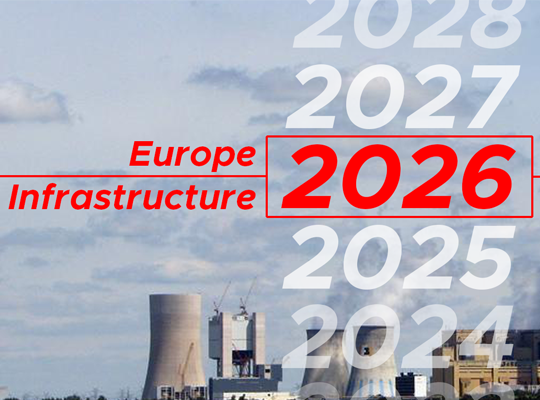A Wave of Espionage The recent cases of spying in Europe are not isolated incidents but part of a broader pattern of state-sponsored intelligence activities. Countries such as Germany, France, and the UK have all reported attempts by operatives to infiltrate key industries and governmental institutions. These operatives often pose as employees, researchers, or business partners to gain access to sensitive information. One notable method involves the recruitment of local nationals or the exploitation of migrant diaspora, leveraging their access to sensitive sectors. Technology, military, and research sectors have been particularly targeted, given their strategic importance to national security and economic competitiveness.
The Consequences of Espionage The implications of such espionage are profound:
- Economic Impact: The theft of intellectual property can lead to significant financial losses and diminished competitive advantage for European firms.
- National Security: Infiltration within defense or government can compromise national policies and military strategies.
- Geopolitical Stability: Espionage contributes to distrust and tension between states, notably between China and the EU, impacting diplomatic relations.
The Importance of Employee Vetting The crux of preventing espionage lies in understanding and vetting who is employed within sensitive sectors. Traditional background checks might not suffice in the face of sophisticated espionage tactics. Here’s what needs to be enhanced:
- Comprehensive Background Checks: Extending beyond criminal records to include a detailed history of education, employment, and overseas travel.
- Continuous Monitoring: Implementing ongoing scrutiny of employees in sensitive positions, not just as a pre-employment formality but as a regular security measure.
- Education and Training: Equipping employees with the knowledge to recognize suspicious behavior and understand the value of the information they handle.
- Collaboration with Intelligence Agencies: Private sectors and national governments must work hand-in-hand to identify and mitigate threats.
Cases and Responses European responses have varied, with some countries taking aggressive steps to counteract espionage. For instance, the expulsion of suspected spies disguised as journalists or trade officials has occurred in several EU countries. Moreover, legislative reforms aimed at tightening foreign investment in critical sectors have been enacted to protect against covert information gathering.
The Bigger Picture While the focus is often on Chinese or Russian activities, it’s crucial to acknowledge that espionage is a tool used by many states. The goal for all responsible governments should not be to single out one country but to systematically enhance overall resilience against all forms of espionage.
A Stark Reminder The recent espionage cases serve as a stark reminder of the vulnerabilities that come from not fully knowing your employees' backgrounds and allegiances. As Europe grapples with the dual challenges of maintaining open economic policies and protecting national security, the balance will increasingly depend on rigorous security practices at the human level. Understanding who works for you is not just about filling a position; it's about safeguarding the future of your enterprise and your country.




